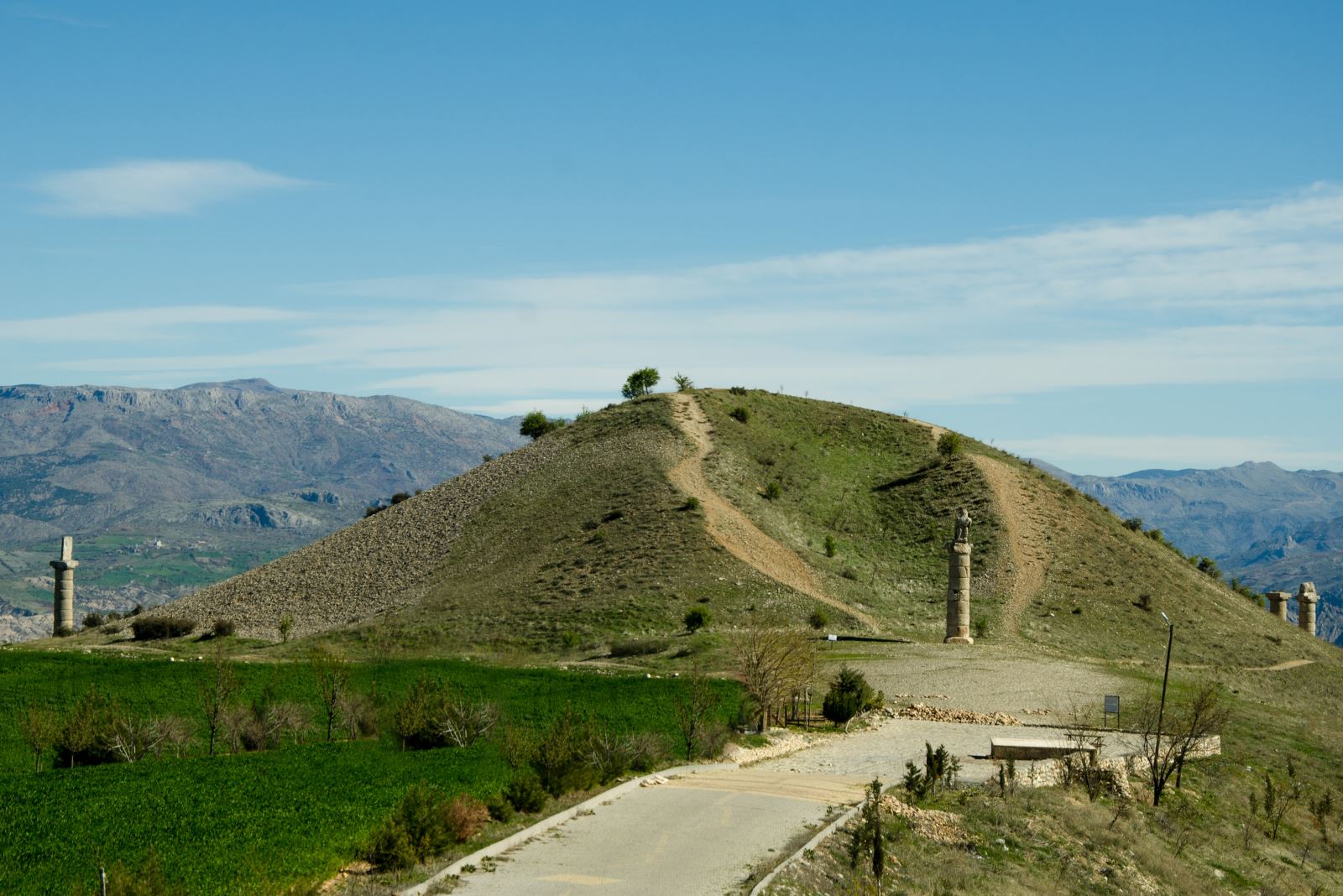
Queen’s Tombs of the Kommagene Kingdom to Be Unveiled at Karakuş Tumulus in Adıyaman
The Ministry of Culture and Tourism has announced plans to excavate the queen’s tombs at the Karakuş Tumulus, located in Adıyaman, Türkiye. These tombs are believed to belong to Isas, the wife of King Antiochos I, their daughter Antiokhis, and granddaughter Aka of the ancient Kommagene Kingdom. Following detailed georadar and geophysical surveys that identified
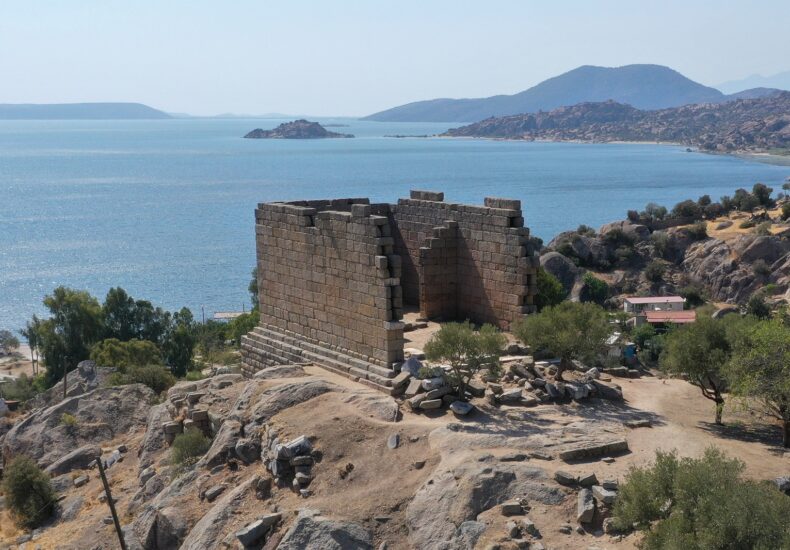
8,500 Years of Sacred Heritage: Unearthing the Mysterious Sanctuaries of Herakleia
Ancient deities, mythological tales, and sacred architecture come to light in the Latmos Mountains as archaeological excavations unveil Herakleia’s hidden past. As part of the Wednesday Talks series organized by the Association for Nature Lovers and Ecosystem Protection (EKODOSD), Prof. Dr. Zeliha Gider Büyüközer, head of the Latmos–Herakleia Excavations and faculty member at Selçuk University’s
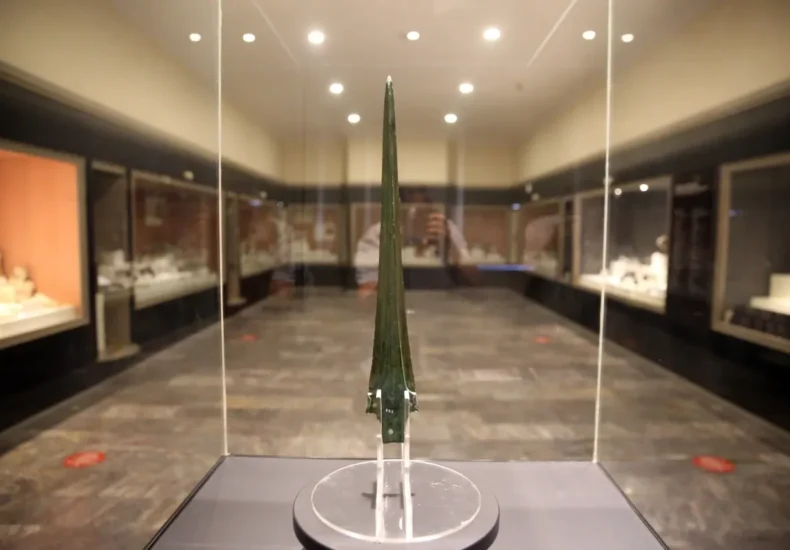
Rare 3,500-Year-Old Hittite Sword Now on Display at Kastamonu Museum in Türkiye
A rare bronze sword dating back 3,500 years to the Hittite civilization is now on public display at Kastamonu Museum in northern Türkiye. The artifact is part of a newly opened bronze exhibition titled “102 Exhibitions for the 102nd Anniversary: A Journey Through Anatolia’s Cultural Heritage in the Light of the Republic.” Measuring 42 centimeters
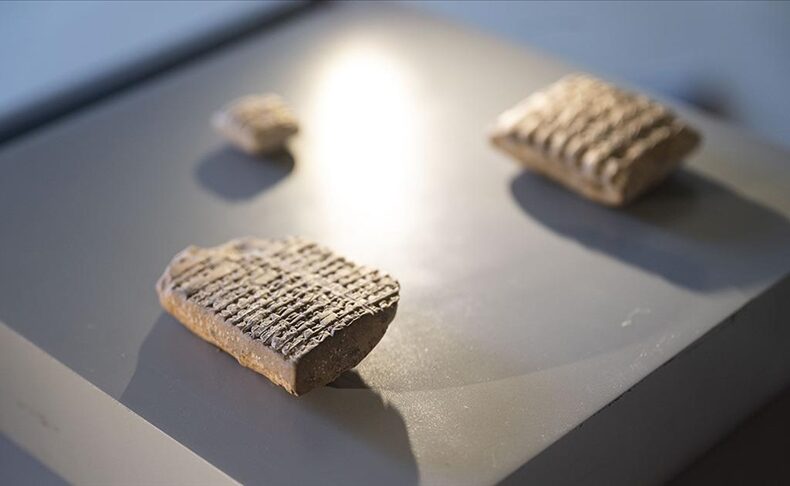
Türkiye Returns 6,000-Year-Old Cuneiform Clay Tablets to Iraq
Türkiye has respectfully returned six ancient cuneiform clay tablets to Iraq in a formal ceremony, honoring the rich cultural heritage of Mesopotamia. These artifacts, originating from the Old Ur, Akkadian, and Babylonian civilizations, contain valuable records related to economic, administrative, and religious matters. The handover took place at the Republic Museum in Ankara, attended by
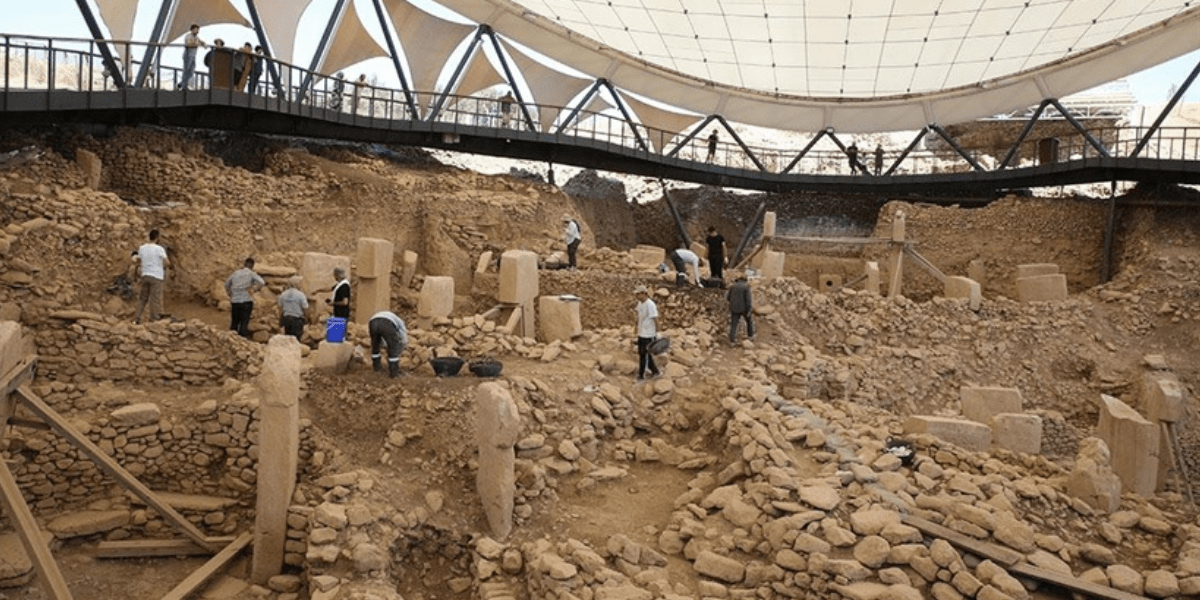
Türkiye’s Culture Minister Ersoy on Göbeklitepe: “We Are Committed to Shedding Light on Human History”
On the 7th anniversary of Göbeklitepe’s inclusion in the UNESCO World Heritage List, Türkiye’s Minister of Culture and Tourism, Mehmet Nuri Ersoy, emphasized the country’s ongoing efforts to preserve and study the site—often described as the “zero point of history.” Sharing his message via social media, Minister Ersoy stated: “Göbeklitepe, the oldest and most striking
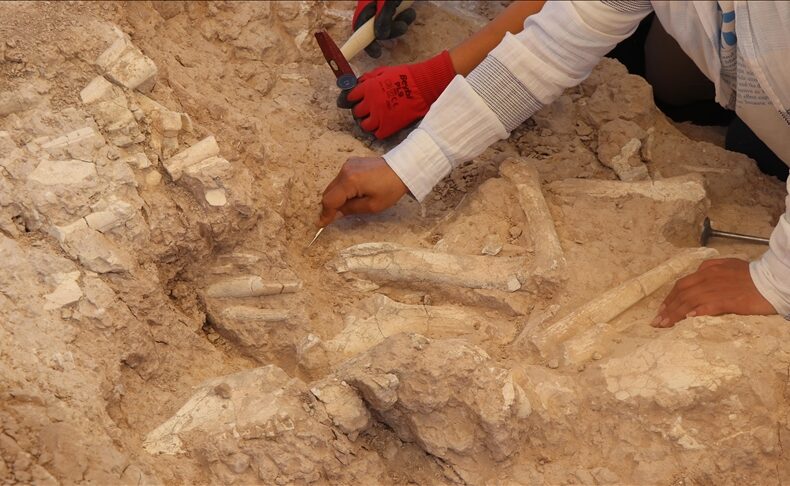
7.7-Million-Year-Old Fossil Bed Discovered by Goat Herder in Central Türkiye
A chance discovery by a goat herder in central Türkiye has led scientists to uncover a fossil-rich site dating back 7.7 million years, offering rare insights into the region’s prehistoric ecosystem. Located near Yamula Dam in the Kocasinan district of Kayseri, the site has become one of the most significant fossil zones in Anatolia. Excavations
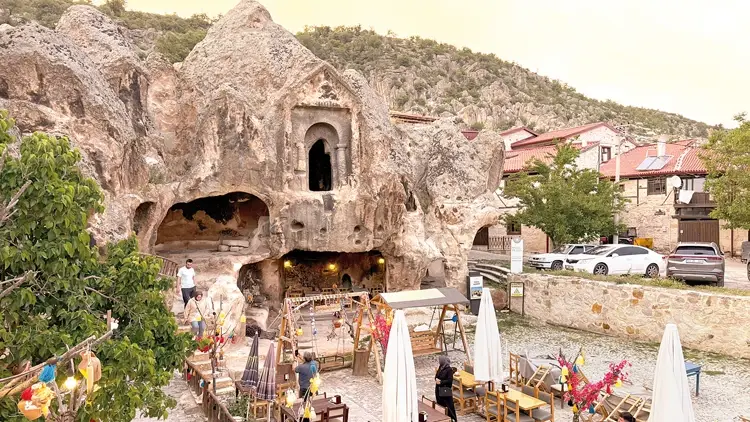
3,000-Year-Old Phrygian Rock Tomb Converted Into a Café
In the İhsaniye district of Afyonkarahisar, Türkiye, a 3,000-year-old rock tomb belonging to the ancient Phrygian civilization has been controversially converted into a café. The site, part of the Phrygian Valley and listed as a UNESCO tentative cultural heritage, has sparked significant backlash from experts and the public alike. The Significance of the Phrygian Valley

Hagia Sophia in Crisis: “A 1,500-Year-Old Legacy on the Brink of Collapse”
Experts Sound the Alarm: “This is no longer a mosque or museum—it’s an emergency site” Built by the order of Byzantine Emperor Justinian I in 537 AD, Hagia Sophia has stood at the heart of Istanbul for nearly 1,500 years. Originally constructed as a cathedral, later converted into a mosque, then a museum, and once
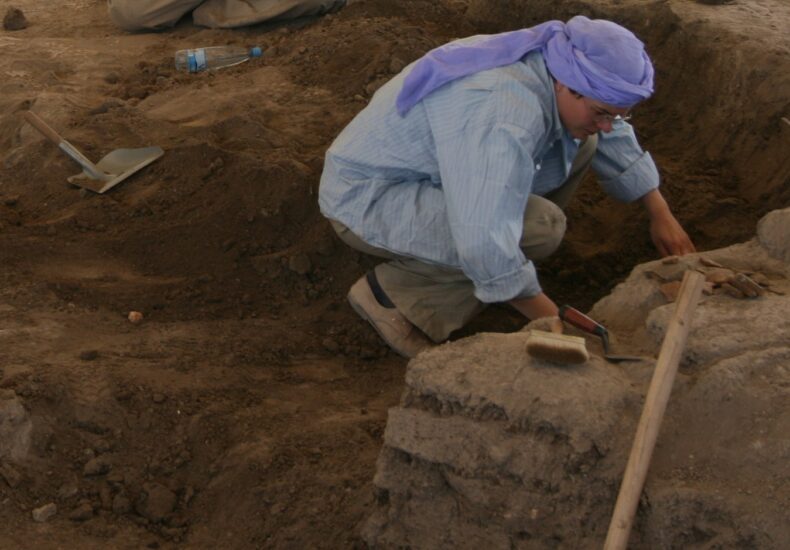
Around 9,000 Years Ago: What Role Did Women Play in Çatalhöyük Society? New Discoveries Reveal Insights
Located in central Anatolia, the ancient settlement of Çatalhöyük continues to provide valuable insights into early human civilization. Recent interdisciplinary research has revealed that women held a significant role in shaping social structures nearly 9 millennia ago. An international team of scientists from Turkey, Denmark, Sweden, and the US examined the genetic makeup of 131
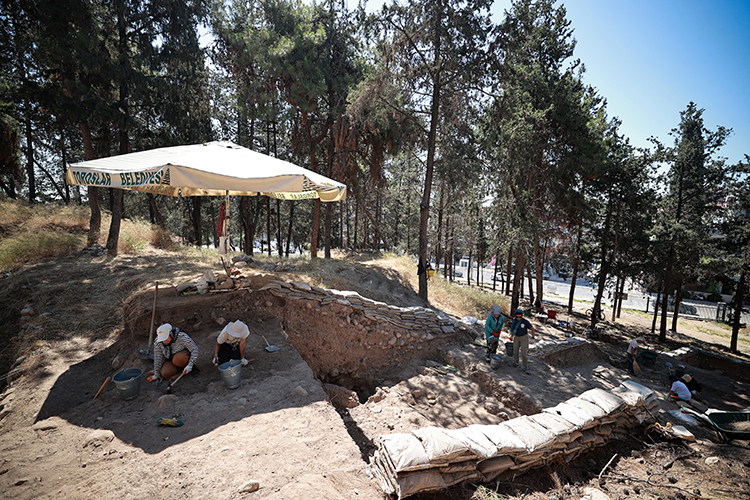
New Discoveries from the Early Bronze Age Unearthed at Yumuktepe Mound in Türkiye
Archaeologists in southern Türkiye have uncovered rare Early Bronze Age remains at Yumuktepe, one of the oldest continuously inhabited settlements in the world. The findings include a horseshoe-shaped hearth, a grain silo, and traces of ancient agricultural activity. Yumuktepe Mound, located in Mersin near the Mediterranean coast of Türkiye, continues to reveal its secrets through
